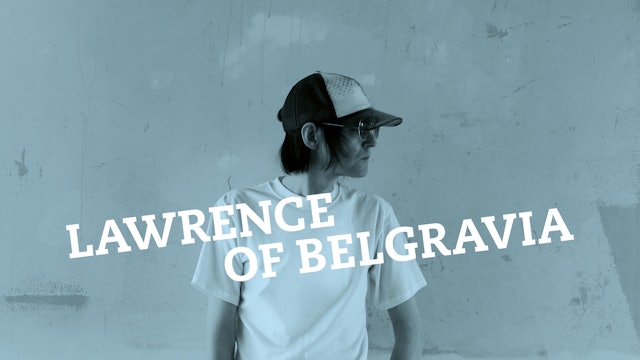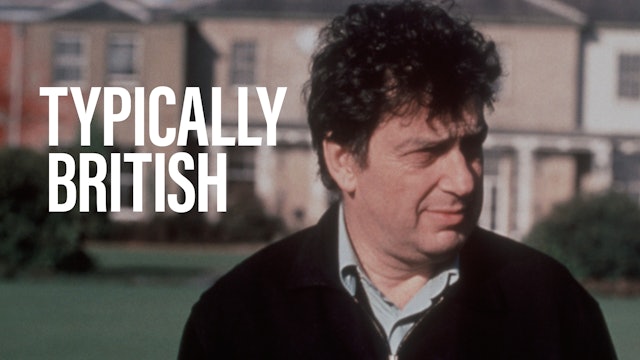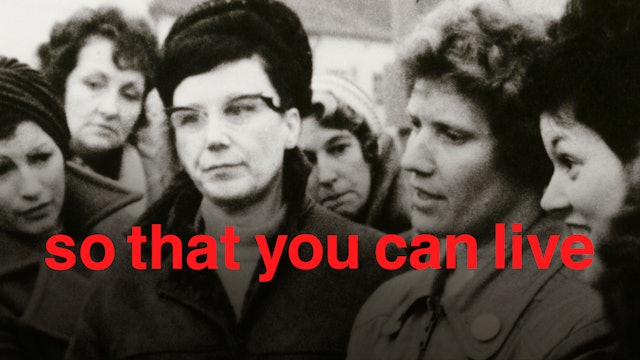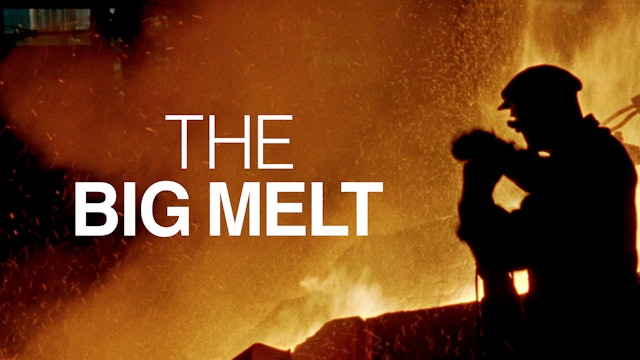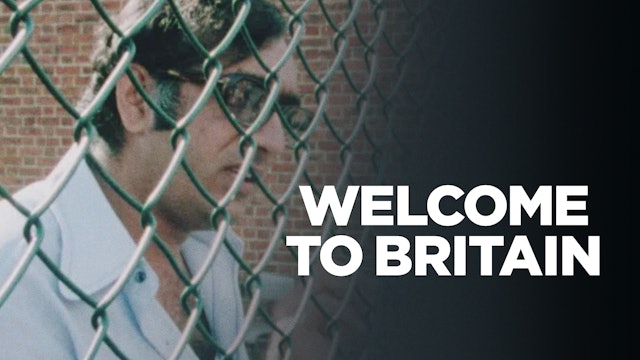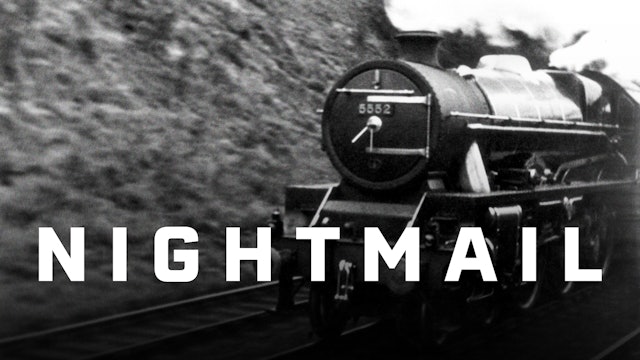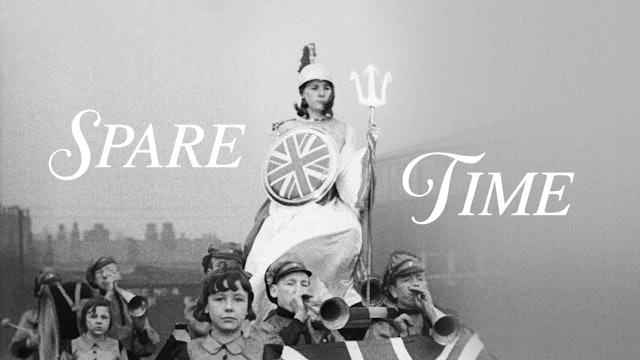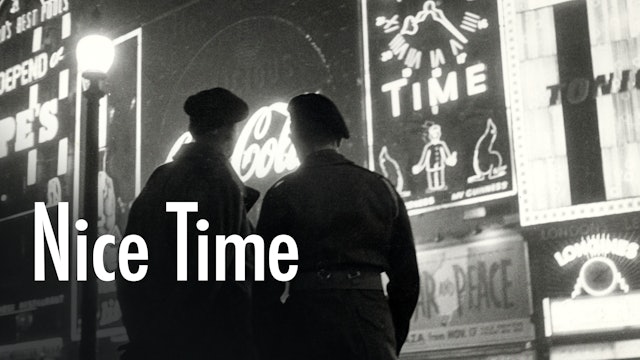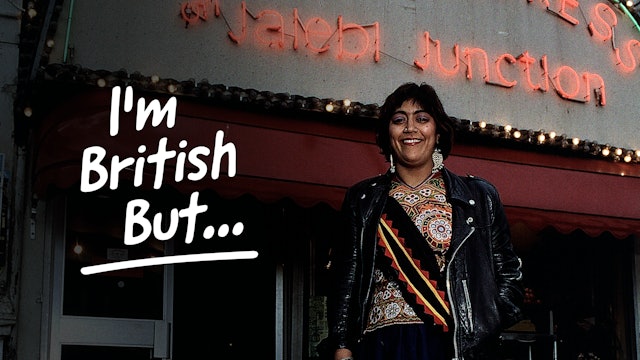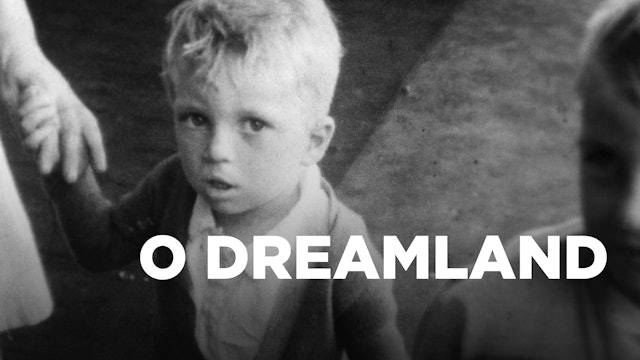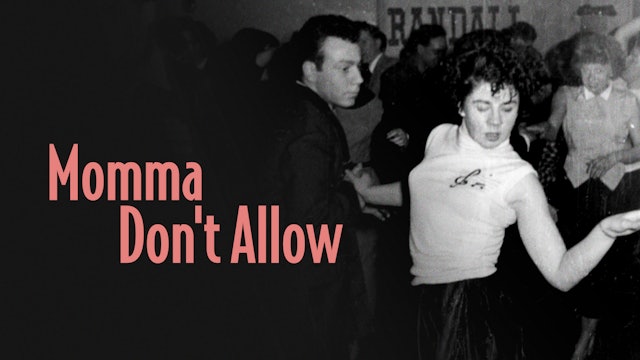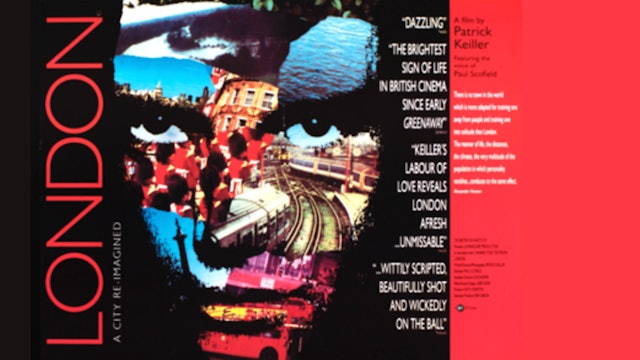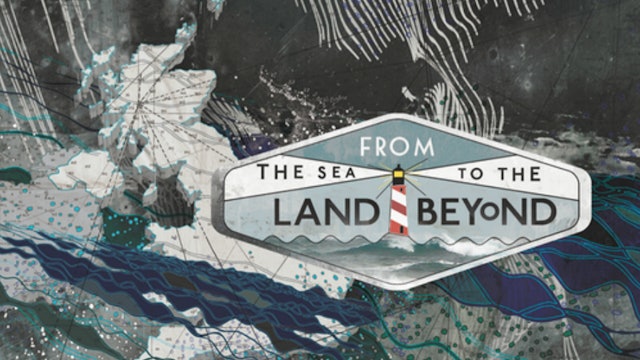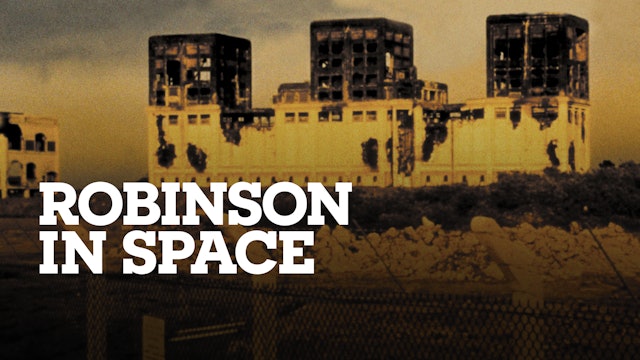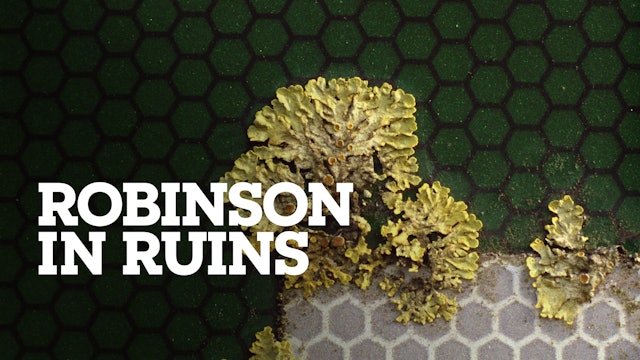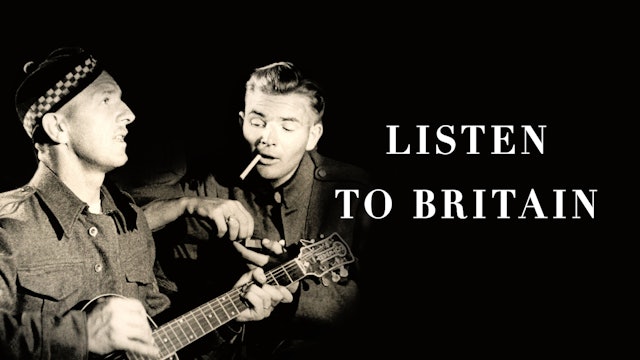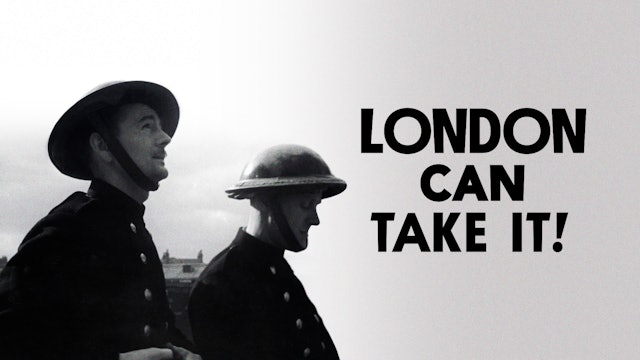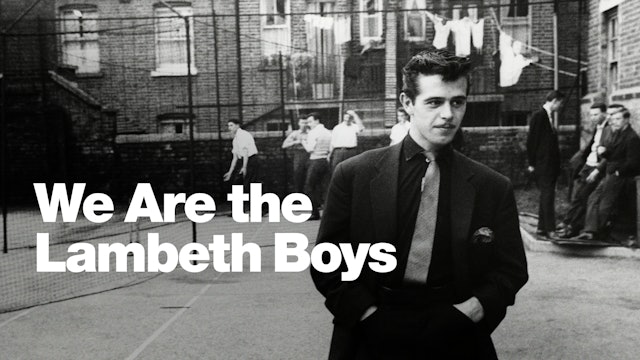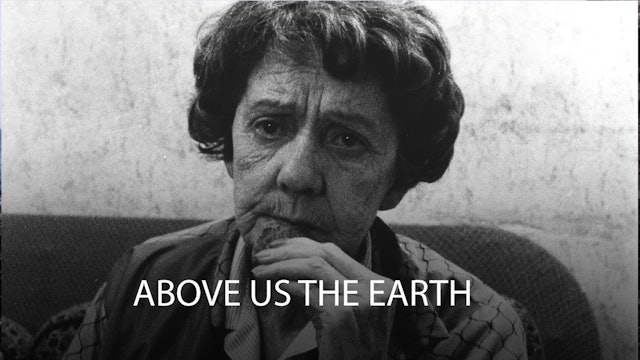Documentaries
Documentaries can be as expressive, surreal and experimental as any work of fiction, with British directors such as John Grierson and Humphrey Jennings paving the way for documentary in the early twentieth century. This collection explores a world made up of people and places, capturing the breadth of the documentary genre. From re-imagined archive material to an exploration of Bhangra and Bangla, dive into some of cinema's most revered documentaries.
-
Lawrence of Belgravia
As lead singer of the much-loved bands Felt, Denim and Go-Kart Mozart, Lawrence is one of true cult artists of the British indie music scene, without really ever troubling the charts over his 40 year career. First released in 2012, Paul Kelly’s (Saint Etienne’s The London Trilogy, Dexys’ No...
-
Typically British
Shown on the set of `Mary Reilly', Frears hosts a guided tour through seventy-five years of British cinema from Hitchcock's `Blackmail' (1920) through to Mike Newell's `Four Weddings and a Funeral' (1994).
-
So That You Can Live
The residues of history in the Welsh landscape plus the traditions of working class knowledge and solidarity are examined in this searching, moving film by political film collective Cinema Action. Charismatic union convener Shirley Butts assumes the focus, but her daughter's attempts to find work...
-
The Big Melt
A special commission as part of the 100 years of Stainless Steel celebrations, The Big Melt is a feature-length elegy to the men and women who toiled in Sheffield's steelworks and a hymn to Britain's proud industrial past. Working together, Sheffield's own musical hero Jarvis Cocker and acclaimed...
-
Welcome to Britain
About half a mile from Heathrow Airport is Harmondsworth detention centre where the visitors in Ben Lewin’s 1976 film are unceremoniously dumped while government officials ponder British immigration laws. The visitors mostly come from India, Pakistan, and Cyprus and are treated like criminals.
-
Night Mail
The flagship of the GPO Film Unit's output and a cornerstone of British documentary. Harry Watt and Basil Wright's study of the down postal express stands as a beacon for John Grierson's original purpose for documentary - to make the working man the hero of the screen. A truly collaborative effor...
-
Spare Time
Humphrey Jennings epitomises the artist-filmmaker and this poetic evocation of ordinary people enjoying well-earned time away from the mill, mine, or foundry is a forerunner to Jennings’ later wartime greats such as Listen to Britain. Joyous shots of people either pigeon fancying, ballroom dan...
-
I'm British But...
Before she hit the big time with Bend it Like Beckham, Gurinder Chadha made this fascinating documentary on what it meant to be a young British Asian in the 1980s. The young people interviewed are from across the UK; the common thread is that they see it as home, but their differing views about w...
-
O Dreamland
Lindsay Anderson’s 12–minute tour of Margate’s Dreamland funfair is immediately notable for its deliberately bleak and unattractive photography and a spare and impressionistic soundtrack. Despite the absence of a commentary, the film distinctly conveys Anderson’s obvious disdain for the m...
-
Momma Don't Allow
This lively Free Cinema short captures a night out at the Wood Green Jazz Club, where teenagers jive to trad jazz. Funded by the BFI Experimental Film Fund, it was filmed over the course of nine Saturdays by Karel Reisz, then programmer of the National Film Theatre, and a young BBC television dir...
-
From the Sea to the Land Beyond
This fascinating and moving film by award-winning director Penny Woolcock is a lyrical portrait of Britain's coastline, created through an exquisite combination of evocative archive footage - drawn from the BFI National Archive - and stirring music. Brighton-based band British Sea Power set the c...
-
Robinson in Space
Robinson in Space again finds Patrick Keller pushing the limits of British cinema to fascinating degrees with a rewarding and unparalleled pay-off. Robinson and his unseen companion, a narrator voiced by Paul Scofield, have been commissioned to investigate the 'problem' of England.
-
Robinson in Ruins
Newly released from prison, Robinson has been haunting the Oxfordshire countryside with a cine camera. Film cans and a notebook are later discovered. Shot during the 2008 financial crisis, this film-essay is a fictional account of a real project.
-
Listen to Britain
Documentary, public information film, morale booster; propaganda film – all descriptions that apply to Humphrey Jennings and Stewart McAllister's extraordinary war-time film. Using his customary combination of poetry and propaganda, Jennings constructs a collage of the various people and classe...
-
London Can Take It!
Humphrey Jennings and Harry Watt's famous film, produced at the GPO film unit, is an enduring example of British self-mythology and rousing evidence of the artistic potential of supposed propaganda. A hymn to our capital city's resilience during the Blitz, structured as a day-in-the-life of stiff...
-
We Are the Lambeth Boys
Karel Reisz’s honest and sympathetic depiction of South London teens aimed to challenge the media perception of ‘Teddy Boys’, and would be one of the last films to appear under the Free Cinema banner. One of the key elements of the Free Cinema films was the sympathetic representation of wor...
-
Above Us the Earth
Independent Welsh filmmaker Karl Francis uses amateur and professional actors to explore the community impact of the 1975 closure of the Ogilvie Colliery in the Rhymney Valley, a few miles from his family home.
-
9 Dalmuir West
Kevin Brownlow’s portrait of the last days of Glasgow’s tram system centres on the last tram to run in 1962, accentuating the mood of the final journey by contrasting shots of the event to the funky sounds of Joe Meek and The Tornados’ Telstar, a symbol of the modern world to which the tram...

